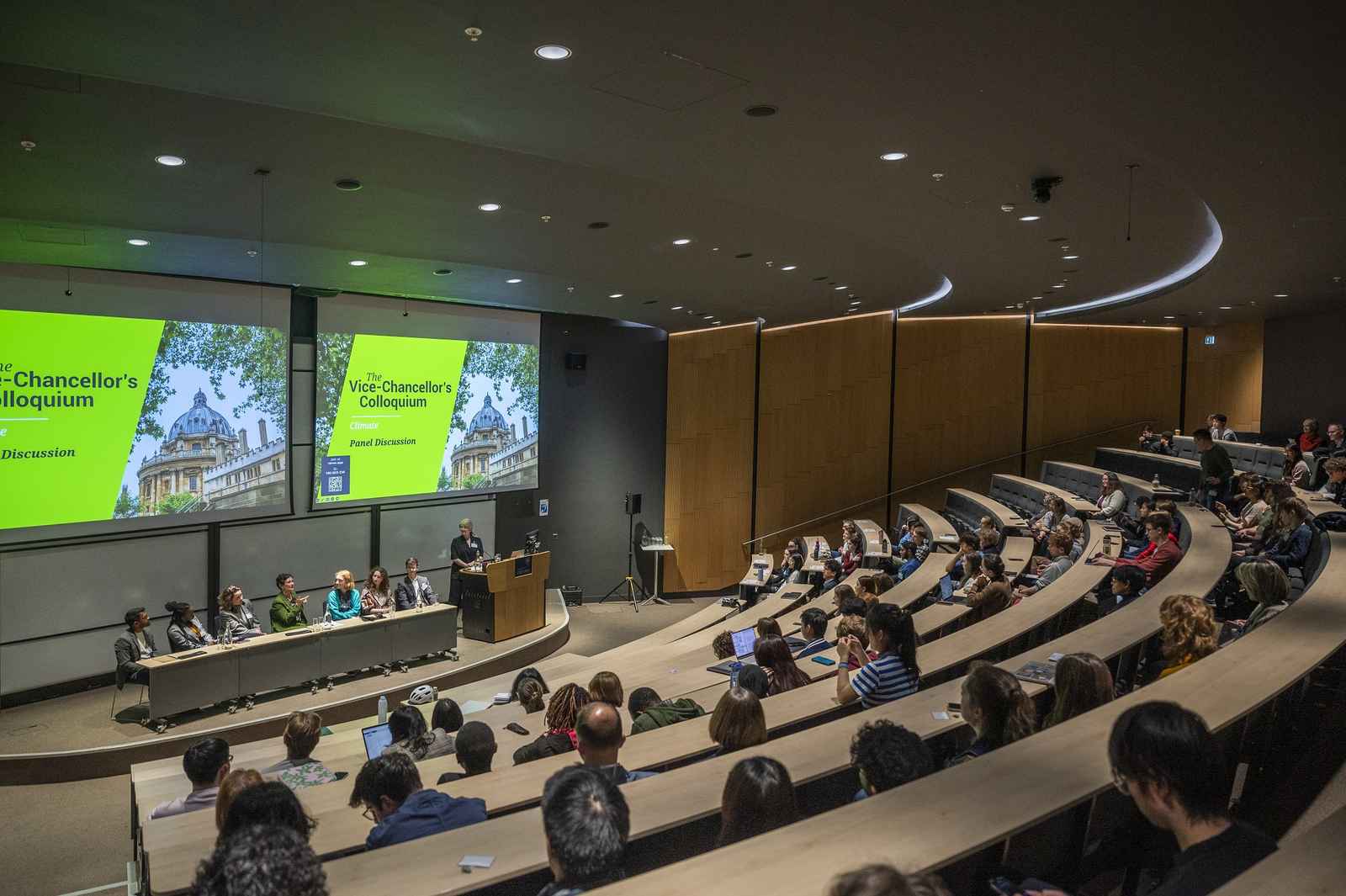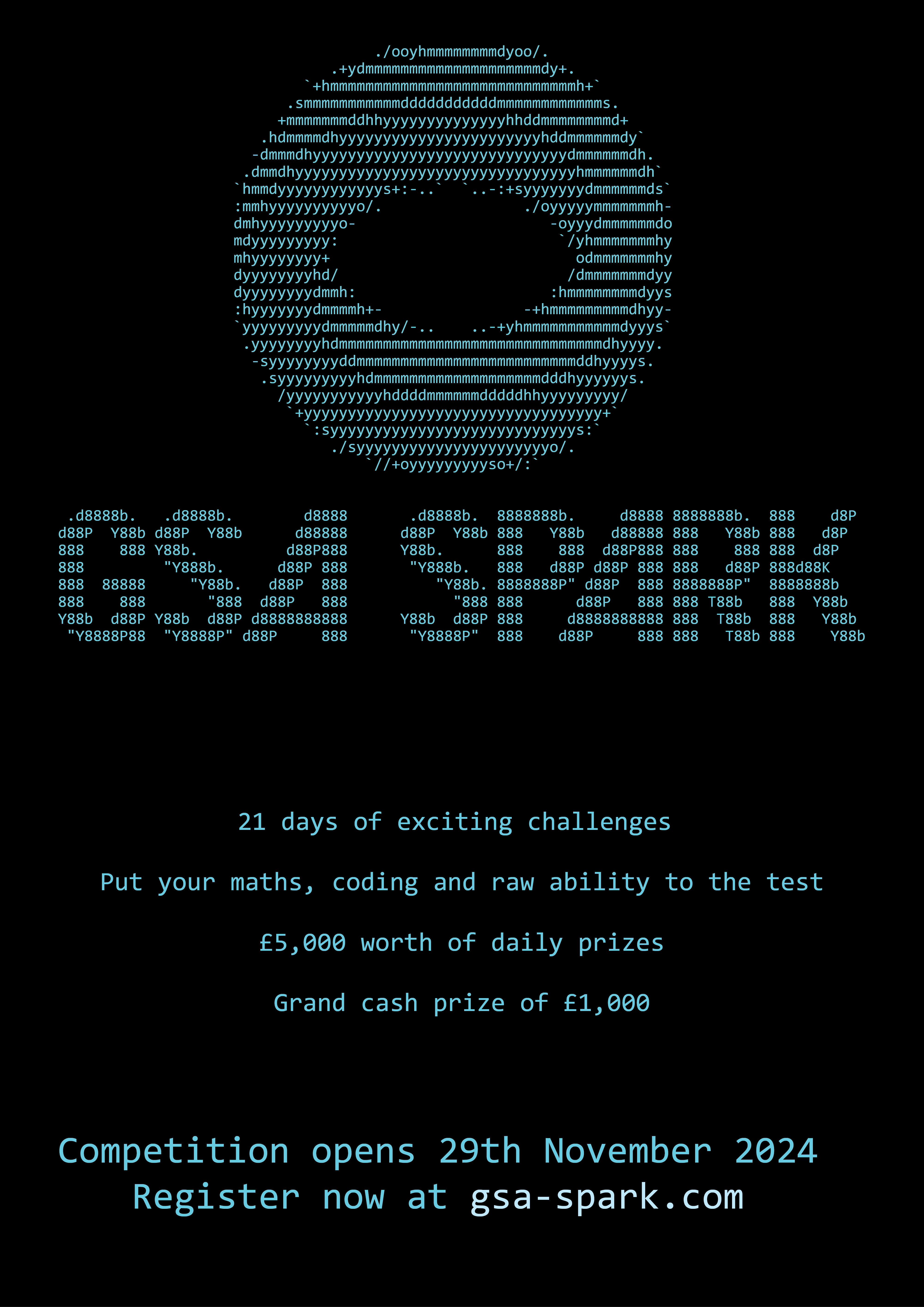17:00
Model-theoretic havens for extremal and additive combinatorics
Abstract
Model-theoretic dividing lines have long been a source of tameness for various areas of mathematics, with combinatorics jumping on the bandwagon over the last decade or so. Szemerédi’s regularity lemma saw improvements in the realm of NIP, which were further refined in the subrealms of stability and distality. We show how relations satisfying the distal regularity lemma enjoy improved bounds for Zarankiewicz’s problem. We then pivot to arithmetic regularity lemmas as pioneered by Green, for which NIP and stability also imply improvements. Unsettled by the absence of distality in this picture, we discuss the role of distality in additive combinatorics, appealing to our result connecting distality with arithmetic tameness.




